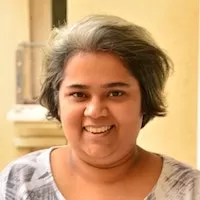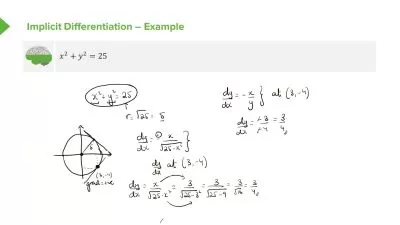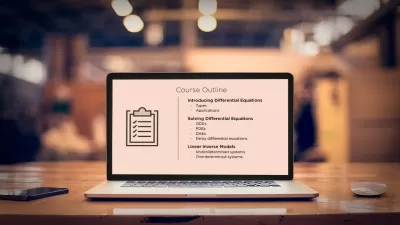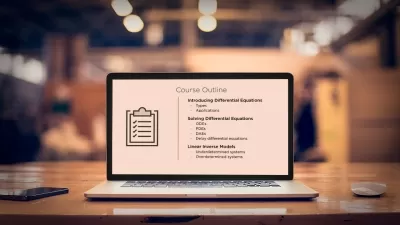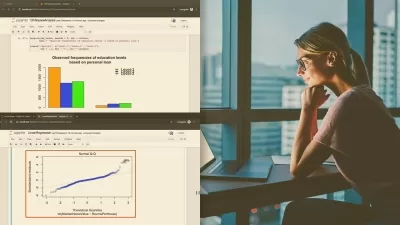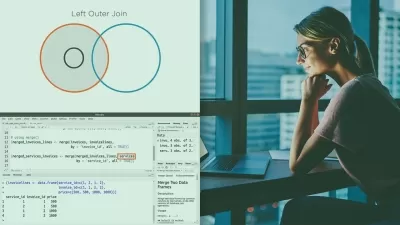Applying Differential Equations and Inverse Models with R
Janani Ravi
2:23:37
Description
This course focuses on conceptually understanding and implementing numerical techniques to solve differential equations, including ordinary/partial/delay differential equations, and systems of equations known as Differential Algebraic Equations.
What You'll Learn?
Differential equations are a topic rich in history - several important results date back to the 18th and 19th centuries - but their importance is not confined to the history books: Differential equations still have wide and varied applications: did you know, for instance, that the famous S-curve, which we often find using logistic regression, can also be obtained by solving a differential equation? Likewise, the Black Scholes Equation which lies at the foundation of modern quantitative finance can be solved conveniently by conversion to the heat equation.
In this course, Applying Differential Equations and Inverse Models in R, you will explore a wide variety of differential equations, as well as an unrelated technique known as inverse modeling, and learn how you can apply these techniques using the R programming language.
First, you will learn how many different physical, chemical, and financial phenomena can be modeled using Differential Equations. You will see how population growth, the spread of infectious diseases, the pricing of complex financial derivatives, and the equilibrium in a chemical reaction can all be modeled using Differential Equations.
Next, you will discover how different types of differential equations are modeled and solved numerically. You will see how a mix of algebraic and differential equations forms a system known as a DAE, or Differential Algebraic Equation; and how a time-varying relationship between the dependent and independent variables can be modeled using Delay Differential Equations.
Finally, you will explore how initial as well as boundary value differential equations. You will see how the temperature varies with time in a rod that is being heated by a heat source, has one end insulated, and has the other end exposed to the atmosphere. You might find this use-case arcane, but this is the famous diffusion equation, which is also the basis of the Black-Scholes PDE from quant finance. You will round off this course of by understanding even-determined, under-determined, and over-determined systems, and working with such systems using R programming
When you’re finished with this course, you will have the skills and knowledge to apply a variety of numerical procedures to solve differential equations using the R programming language.
More details
User Reviews
Rating
Janani Ravi
Instructor's Courses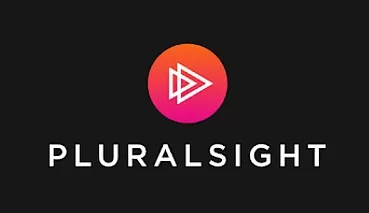
Pluralsight
View courses Pluralsight- language english
- Training sessions 36
- duration 2:23:37
- level average
- English subtitles has
- Release Date 2023/03/25





